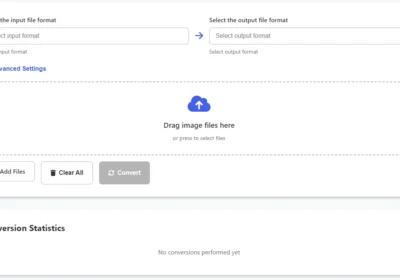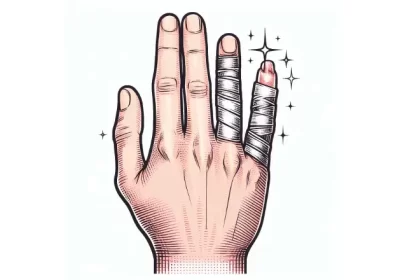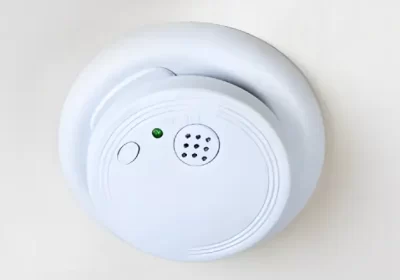Stress and anxiety can be a challenging duo to deal with. They are commonly linked, with anxiety being one of the major symptoms of stress. Furthermore, stress is often responsible for a staggering eighty percent of illnesses, either directly or indirectly. Therefore, it is crucial to identify the causes and learn how to relieve ourselves from the daily grind of stress and anxiety.
Stress can stem from various sources, including work, personal relationships, and finances. When we feel pressurized, our bodies respond by releasing adrenaline. An extended stay of this hormone can lead to depression, high blood pressure, and other harmful effects. One of the most common results of prolonged stress is anxiety.
Anxiety is a state of excessive fear, accompanied by worry and apprehension. It can make a person feel like a recluse and leave them with a bag full of jitters. Other symptoms include chest pains, dizziness, shortness of breath, and panic attacks. If left unaddressed, stress and anxiety can severely impact our overall health, leading to the onset of various diseases, including cancer.
However, we need not be victims of stress and anxiety. A disciplined lifestyle and a proper schedule can help us manage and reduce stress levels. It’s essential to identify our limitations and not take on more than we can handle. Overexertion can be harmful to both our physical and mental health. We must learn to take it one step at a time and avoid overburdening ourselves.
It’s possible to lead a productive, successful, and fulfilling life without compromising our health. We must understand that by neglecting our mental and physical health, we not only hurt ourselves but also those around us.
There are several ways to relieve stress and anxiety. One of the most effective methods is meditation. It is a simple yet powerful tool that can help reduce stress levels, improve focus and concentration, and boost our overall well-being. Another effective technique is physical exercise. It is a proven way to reduce stress levels, release endorphins, and improve our mood.
In addition, we can incorporate healthy eating habits into our daily routine. A balanced diet rich in vitamins, minerals, and antioxidants can boost our immune system and help our bodies cope with stress. We can also make small changes to our environment, such as decluttering our living spaces, which can have a significant impact on our mental well-being.
In addition to the methods mentioned earlier, there are several other ways to reduce stress and anxiety. Deep breathing exercises, for instance, can help calm our minds and bodies. When we breathe deeply, we increase the flow of oxygen to our brain and reduce the levels of stress hormones in our body. Similarly, aromatherapy is another effective technique that involves the use of scents to promote relaxation and reduce stress.
Another way to reduce stress is by getting enough sleep. When we are sleep-deprived, our bodies produce more stress hormones, which can exacerbate our stress levels. Therefore, it’s essential to prioritize sleep and ensure we get at least seven to eight hours of sleep every night.
Moreover, social support can also be beneficial in reducing stress and anxiety. Talking to friends or family members about our problems can help us gain perspective and feel more supported. Joining a support group or seeking professional help from a therapist or counselor can also be helpful.
It’s important to note that everyone experiences stress and anxiety differently, and what works for one person may not work for another. Therefore, it’s crucial to find what works best for us and incorporate it into our daily routine. Additionally, it’s important to understand that stress and anxiety are a part of life, and it’s okay to feel overwhelmed at times. What matters is how we cope with it and take steps to manage our stress levels.
In conclusion, stress and anxiety are common problems that can significantly impact our lives. However, by adopting healthy habits and making small lifestyle changes, we can reduce stress levels, prevent anxiety, and improve our overall well-being. Remember, taking care of ourselves should be our top priority, as it not only benefits us but also those around us.





